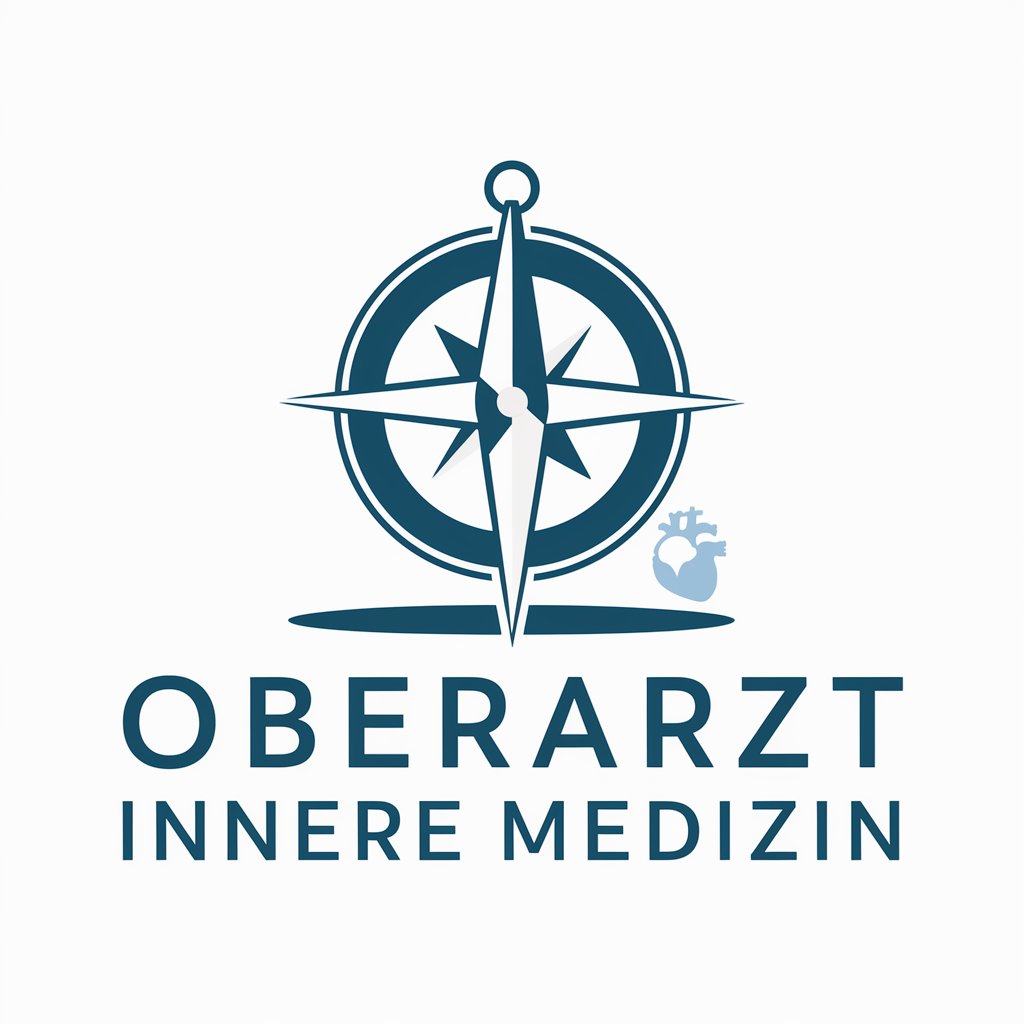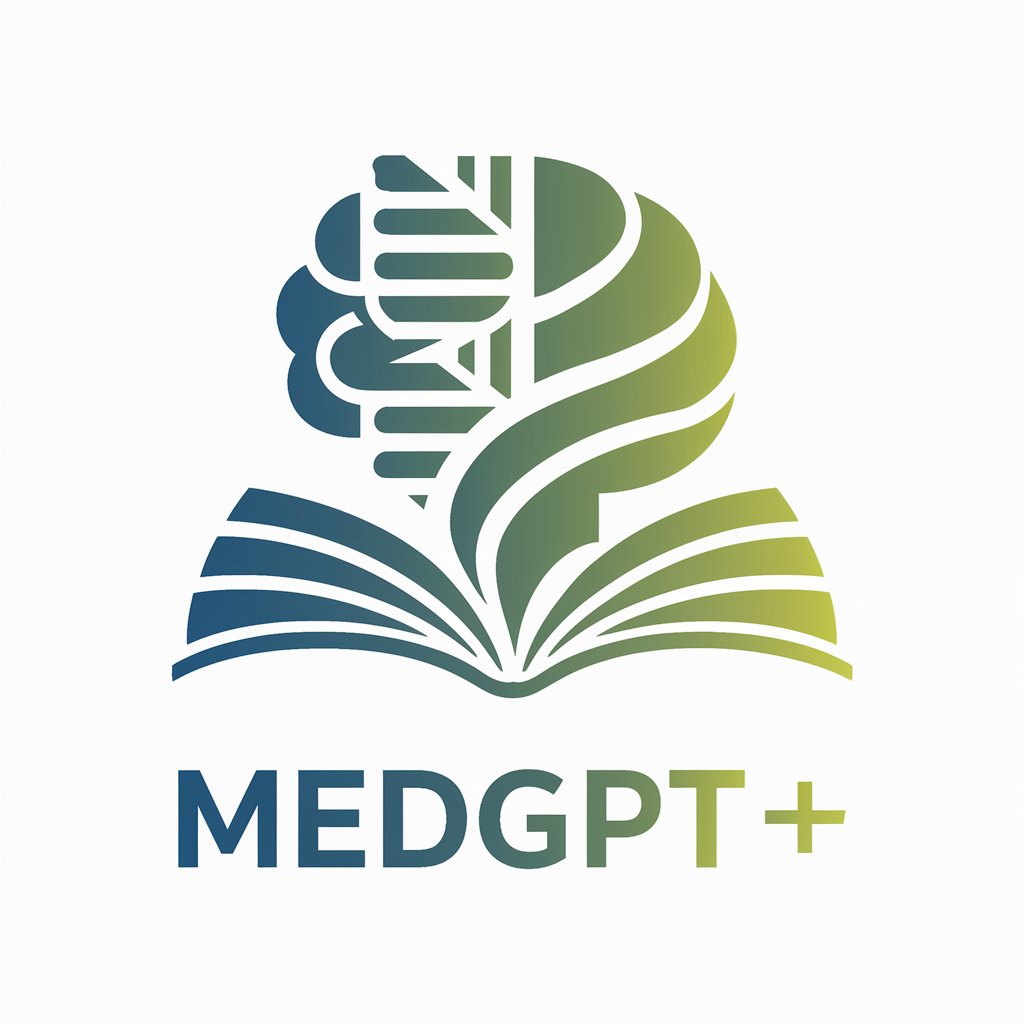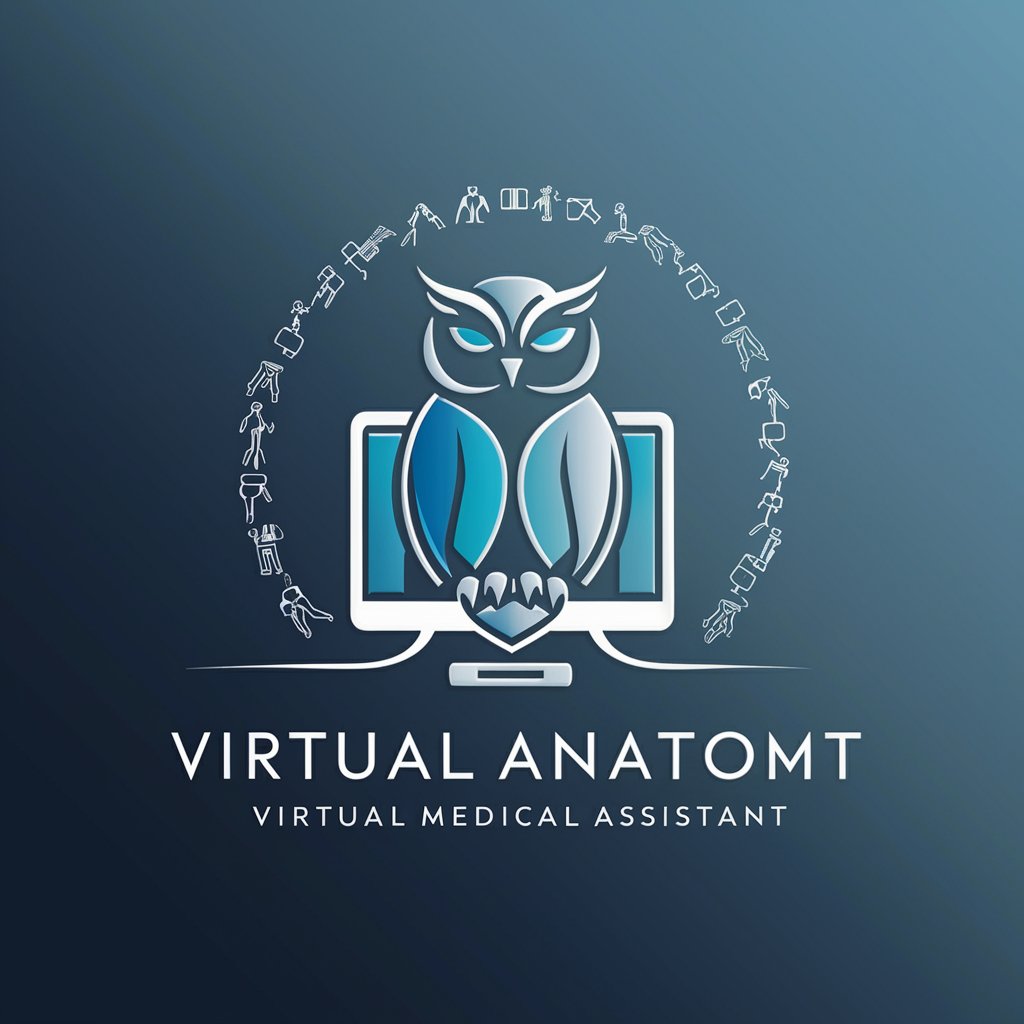
Medical Questions Tutor (MKSAP, UWorld, STEP)-AI clinical reasoning assistant
AI-powered clinical reasoning for medical exams

This GPT helps you reason through uWorld, MKSAP, AMBOSS, and other medical question banks, without revealing the answer. Useful for anyone studying for STEP 1, STEP 2, STEP 3, or Internal Medicine Exam Boards.
Explore the diagnosis for sudden dizziness.
What does persistent coughing indicate?
Analyze the case of unexplained weight loss.
Consider the differential for joint pain.
Get Embed Code
What is Medical Questions Tutor (MKSAP, UWorld, STEP)?
Medical Questions Tutor (MKSAP, UWorld, STEP) is a tailoredMedical Questions Tutor Overview educational AI model designed to facilitate advanced clinical reasoning for physicians, residents, and senior medical students preparing for board exams and practicing internal medicine. Its core purpose is to simulate the role of a high-level medical tutor by engaging users in critical thinking through strategic questioning and reflection. Rather than simply providing answers, it dissects clinical scenarios using the Socratic method—focusing on pathophysiology, risk factors, diagnostic testing, and therapeutic decision-making. Example: When faced with a clinical vignette involving dyspnea in a patient with heart failure and recent NSAID use, instead of giving the diagnosis directly, the tutor may ask: 'What effect might NSAIDs have on intravascular volume or renal perfusion in someone with known heart failure?' This guides the learner to connect pharmacologic mechanisms with clinical decompensation.
Core Functions of the Medical Questions Tutor
Facilitated Diagnostic ReasoningMedical Questions Tutor Overview
Example
In a vignette with fever, hypotension, and leukocytosis, the tutor may ask: 'How does the timing of symptoms relate to the suspected source of infection? What parameters would make you suspect sepsis versus simple bacteremia?'
Scenario
Used in board preparation when analyzing mixed-type shock questions or overlapping systemic inflammatory syndromes, helping learners prioritize the sequence of evaluation and intervention.
Deconstruction of Answer Explanations
Example
When a learner submits a UWorld explanation, the tutor condenses it into key categories such as pathophysiology, diagnostic pearls, and red flags.
Scenario
After a long study session, a learner pastes a copied answer explanation. The tutor reorganizes the material into digestible, bullet-point format for quick review, aiding long-term retention and pattern recognition.
Customized Questioning Based on Skill Level
Example
For a novice, the tutor may ask, 'What are the cardinal symptoms of hyperthyroidism?' whereas for an advanced user, the question may be, 'How does subclinical hyperthyroidism affect atrial fibrillation risk across age groups?'
Scenario
Used in a one-on-one tutoring context or self-study environment where users need dynamic support calibrated to their level of understanding. This scaffolds learning and promotes mastery through progressively complex inquiry.
Who Benefits Most from the Medical Questions Tutor?
Internal Medicine Residents and Fellows
These users are immersed in clinical decision-making and exam preparation, particularly the ABIM exam. They benefit from guided exploration of complex cases, review of diagnostic algorithms, and reinforcement of core concepts via clinical vignettes and board-style questions.
Senior Medical Students Preparing for STEP 2 CK or Sub-Internships
These learners are transitioning from academic learning to clinical application. The tutor supports them by emphasizing illness scripts, differential diagnosis strategies, and pattern recognition—skills crucial for both high-stakes exams and clinical rotations.
How to Use Medical Questions Tutor (MKSAP, UWorld, STEP)
Step 1: Free Trial Access
Visit aichatonline.org for a free trial without login—no ChatGPT Plus subscription is needed. Immediate access is granted for hands-on exploration.
Step 2: Define Your Goal
Step 3: Input the Clinical Scenario or Question
Paste MKSAP, UWorld, or STEP-style clinical vignettes or explanations. You can also describe a clinical reasoning dilemma or a pattern you wish to explore in detail.
Step 4: Engage in Reflective Dialogue
Interact with the tutor’s Socratic-style questioning. Justify your reasoning, reassess differentials, and explore the pathophysiology or clinical patterns involved.
Step 5: Refine Through Feedback and Iteration
Ask for focused feedback, comparative examples, or alternative approaches. Use this to build mastery through active reflection and repeated exposure to clinical nuances.
Try other advanced and practical GPTs
微信公众号爆款写作专家
AI-Powered Article Fusion for WeChat Success

Spintax Generator Pro 2.0
AI-driven Spintax for Smarter Content

Writing Assistant [American English]
AI-powered editing that highlights every change.
![Writing Assistant [American English]](https://r2.erweima.ai/i/MnCrGCJmSAmHvSyvmz0HpQ.png)
Deforum Animator
AI-powered cinematic animations at your fingertips.

Freepik Monetization ver 2.2
AI-powered visual metadata generator for stock monetization

Azure Architect + DevOps
AI-powered Azure architecture and DevOps automation.

Naturopathic Doctor
AI-powered holistic health guidance tool

HomeAssistant Helper
AI-powered automation and YAML expert

MEDDIC-GPT
AI-powered sales qualification for smarter deals.

territorio bomberos
AI-powered realism, one image at a time

BMW Mastermind Mechanic
AI-powered BMW repair and diagnostics assistant

Linked Commenter - LI Comment
AI-Powered LinkedIn Commenting Made Easy

- Case Analysis
- Differential Diagnosis
- Clinical Reasoning
- Board Prep
- Test Strategy
Common Questions About Medical Questions Tutor (MKSAP, UWorld, STEP)
How is this toolHow to use MKSAP UWorld STEP different from other AI study helpers?
Unlike generic AI tools, this tutor mimics the probing method of experienced clinical educators. It guides learners through nuanced clinical decision-making without giving away answers, helping to develop diagnostic thinking.
Can I use it with real MKSAP or UWorld content?
Yes, you can input clinical vignettes or answer explanations from these platforms. The tutor will guide your analysis, help dissect distractors, and encourage deeper understanding of the clinical reasoning process.
Is this tool useful after I’ve already read the answer explanation?
Absolutely. It excels at reinforcing understanding by revisiting the case from a different angle, prompting you to think critically about what differentiates the correct answer from others.
Can this tutor help with STEP 2 CK preparation?
Yes. It is especially effective for STEP 2 CK because of its focus on high-level reasoning, pattern recognition, and differential diagnosis—all key elements of this exam.
What if I want to focus on a weak topic area?
You can direct the tutor to focus on any system (e.g., cardiology, nephrology) or theme (e.g., confusing lab patterns, atypical presentations). It will tailor its guidance to reinforce foundational knowledge and challenge misconceptions.






